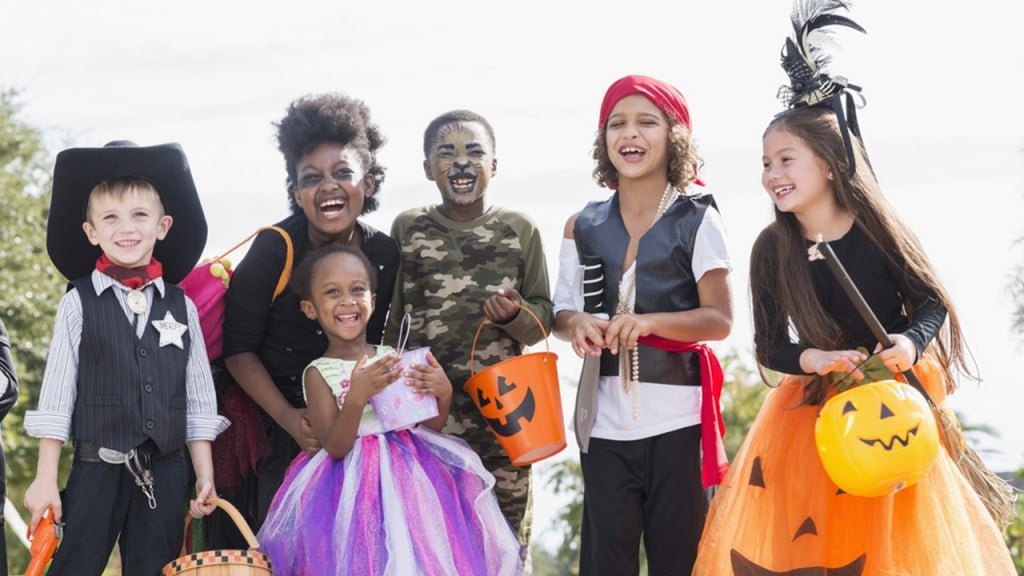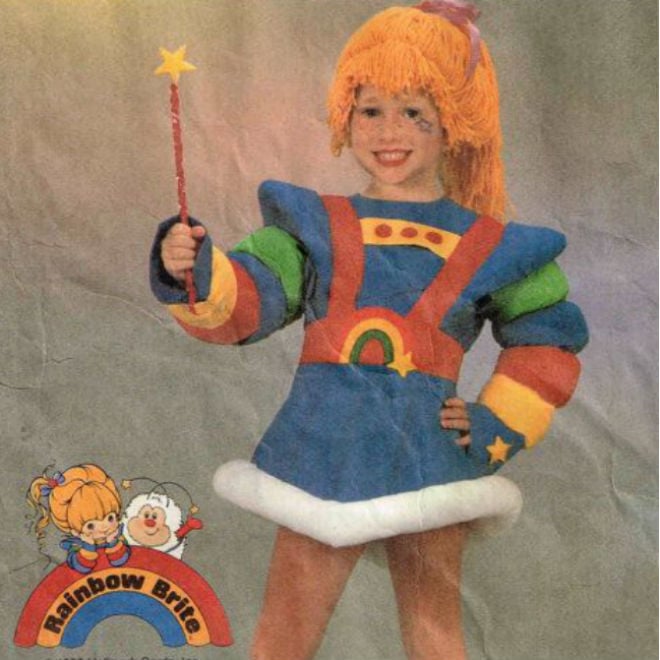[ad_1]

Photo: iStockphoto
It’s not unusual for schools to have rules about kids’ Halloween costumes, but they often start and stop at “No weapons.” But it seems times are changing. Some school boards and individual schools are now offering suggestions and even guidelines to ensure kids don’t come to school dressed in a costume that will offend a fellow student.
If your response to this is, “For crying out loud, Halloween is for kids. Just let them wear what they want!” then you’re definitely not alone. That’s been a common response from parents across the country. But many others are happy to see the new guidelines. After all, Halloween is a time for kids to have fun. Imagine if your child’s costume makes another child feel hurt, insulted or humiliated? There goes the fun.

10 ways Halloween has changed since we were kids
A couple of weeks ago, a French-language school board in Ontario sent out guidelines to parents with some pointers on appropriate costumes, and those guidelines are now making their way into the hands of parents across the province. Based on that memo, here are some questions to ask yourself about your kid’s costume.
1. Does the costume represent a mythical creature, an animal or an object, a fictional or imaginary character (film, TV, comic book)?
2. Does the costume represent something that does not exist? (E.g. a surfing shark, a fuschia Martian, etc.)
If you answered “Yes” to either of these questions, then the costume is probably OK. But don’t stop there. Read on—there’s more.
3. Does the costume make reference to a culture that is not my own (e.g. a feather headdress which resembles a First Nations ceremonial headdress, a kimono, a turban)?
4. Does the costume include spiritual or religious symbols?
5. Does the costume require your kid to change the colour of their skin to resemble someone who is not from the same background as them?
6. Does the costume’s packaging contain words like “tribal,” “warrior,” or any references to a group of people identifiable by their origin (“African,” “Chinese,” or “Mexican,”) or their culture (“Rasta,” or “Gypsy”)?
7. Does the costume represent a stereotype, a caricature or generalizations about a group of people (e.g. the “terrorist,” or the “urban ghetto dweller”)?
8. Is the costume based on tragic historical moments or violent acts which really took place (e.g. “slave” or “cowboy and Indian” costumes)?
9. If the costume represents another gender than your child’s (for example, your son wants to dress up as a girl), what is the intention? Is it to look ridiculous? Is it to mock the bodies or mannerisms of others? Does the costume mock transgender people?
10. Is the costume of someone who really exists? Is this person vulnerable? Were they a victim of injustice or oppression? If the person who I’m representing saw my costume, would they be hurt?
If you responded “Yes” to even just one of questions #3 through #10, you may want to consider finding a new costume.
Read more:
Why your white kid probably shouldn’t dress up as Moana for Halloween
33 best store-bought Halloween costumes for kids
[ad_2]
Source link









